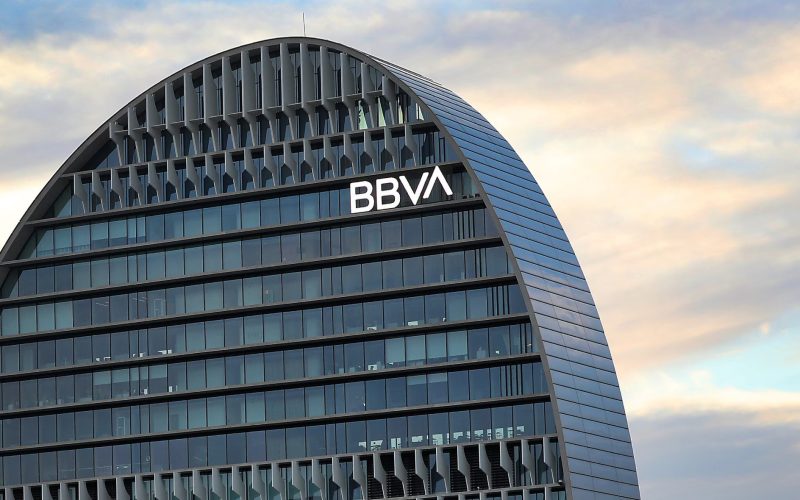BBVA has increased its allocation to green bond initiatives by 20% in 2024, according to its latest Green and Social Bond Report, covering fund deployment and environmental and social impact through December 2024. The bank channelled €5.83 billion ($6.7 billion) into environmental, social, and governance (ESG) projects, and a further €1 billion into socially focused initiatives.
The bank’s green financing supported a diverse set of projects across countries including the U.S., Spain, Italy, the U.K., China, Chile, and Canada—underscoring BBVA’s global approach and its ability to navigate different regulatory and technological contexts to support decarbonisation in key sectors.
Renewable energy projects received the majority share, accounting for 61% of total green bond funding, with a 45% year-on-year increase. This growth was particularly driven by investments in the United States. For the first time, BBVA also included “enabling” activities in the clean transport sector, aligning with recommendations from the International Capital Market Association (ICMA). Additionally, the bank financed 15 high-efficiency data centres in the U.S., exceeding industry energy performance benchmarks.
In the green construction sector, BBVA allocated €971 million to projects aimed at improving energy efficiency in residential and commercial buildings. Notably, green mortgages represented 87% of this investment, reinforcing a trend towards lower-emission housing.
Environmentally, the projects funded by BBVA in 2024 are estimated to have prevented 1.94 million tonnes of CO₂ emissions—up from 1.29 million tonnes in 2023. The bank’s emissions reduction efficiency also improved, with each €1 million invested resulting in an average reduction of 333 tonnes of CO₂, compared to 265 tonnes the year prior. However, relative performance in green construction declined due to a concentration of financing in individual mortgages.
BBVA also supported waste processing efforts, contributing to the treatment of 212,142 tonnes of waste—an increase from 170,335 tonnes reported the previous year.
On the social side, BBVA deployed the proceeds from a €1 billion social bond to support 52,154 microenterprises in Spain, particularly during the COVID-19 recovery period. Around 70% of the funding was directed to regions with medium to high potential for social impact, as identified by the ECODES PSII Index.
“These investments not only advance environmental and social objectives but also strengthen strategic sectors, creating opportunities for innovation, employment, and resilience,” said Javier Rodríguez Soler, Global Head of Sustainability and Corporate & Investment Banking at BBVA. “Sustainability drives economic progress while ensuring that no one is left behind.”
The 2024 report introduces methodological improvements, with expanded indicators, category-level impact details, and enhanced alignment with the latest ICMA standards, including the Green Bond Principles (June 2025) and the Harmonised Framework for Impact Reporting (June 2024).
Looking ahead, BBVA has set a new target to mobilise €700 billion in sustainable financing between 2025 and 2029, underscoring its long-term commitment to the global energy transition and inclusive economic development.















